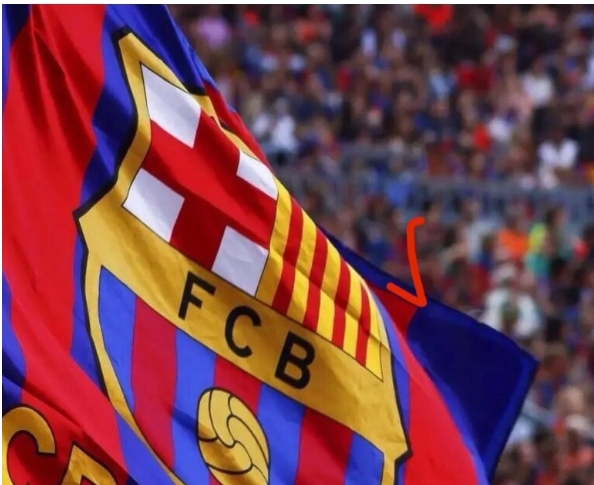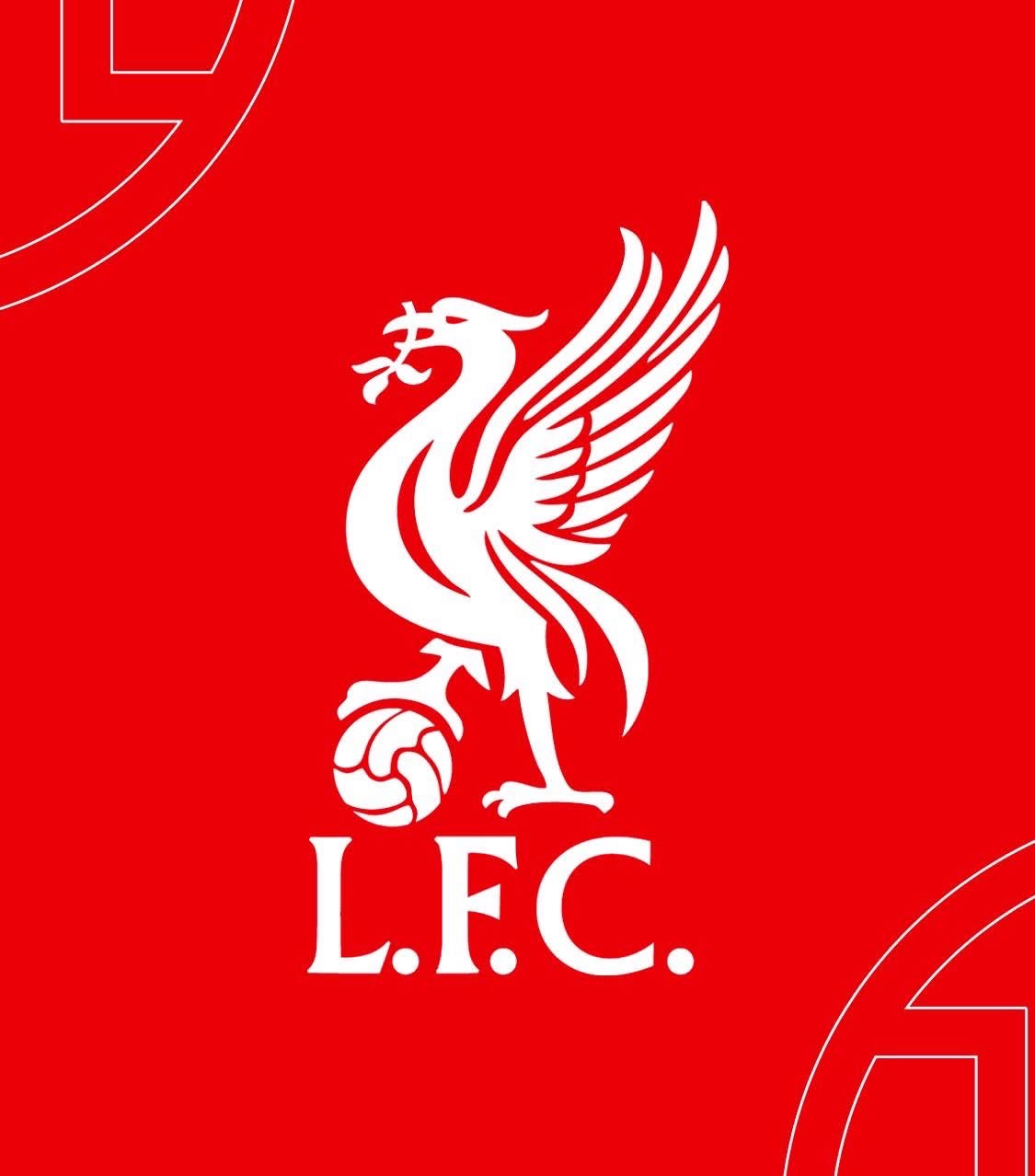What we witnessed from Lamine Yamal wasn’t just a goal — it was an unforgettable spectacle, the kind of moment that silences a stadium before erupting it into thunder.
It began with the ball finding its way to him near the edge of the box. Nothing looked out of the ordinary — a routine attacking setup, defenders in place, everything seemingly under control. But within the blink of an eye, the entire script was rewritten.
With a dancer’s elegance and the unpredictability of a street footballer, Yamal executed a lightning-quick chop inside — and with that single movement, he bent reality. The defender, caught mid-shuffle, was spun into a nightmare. His balance was gone, his timing wrecked. He was left sprawled across the grass, limbs tangled, eyes wide with disbelief. It looked less like defending and more like slipping on a banana peel in a cartoon — only this was no joke. It was pure embarrassment, delivered by a teenager in total command.
Before the crowd could even laugh or gasp, Yamal was already in full flow. He took a measured step, opened up his body like a seasoned pro, and curled a shot with immaculate precision. It flew past the helpless goalkeeper — not with violence, but with elegance. The ball curled beautifully into the far corner, kissing the net in silence — the kind of finish reserved for football’s elite.
The stadium exploded. Not just in celebration, but in awe. Grown men held their heads. Kids in the stands mimicked the move. Teammates rushed to embrace him, their expressions a mix of pride and disbelief.
But Yamal? He remained composed — maybe a little smile, maybe a look toward the sky. Because he knew. He knew what he had just done. He knew he had turned a regular preseason game into a stage for his artistry.
This was not just a goal — this was a signature. A stamp. A prophecy fulfilled. A moment that will echo for years every time someone asks: “When did you first realize Lamine Yamal was different?”
At just 17, he made defenders look like amateurs, carried the legendary No. 10 shirt with grace, and turned pressure into poetry.
Ladies and gentlemen, we are not witnessing the rise of a star — we are witnessing the arrival of one.




